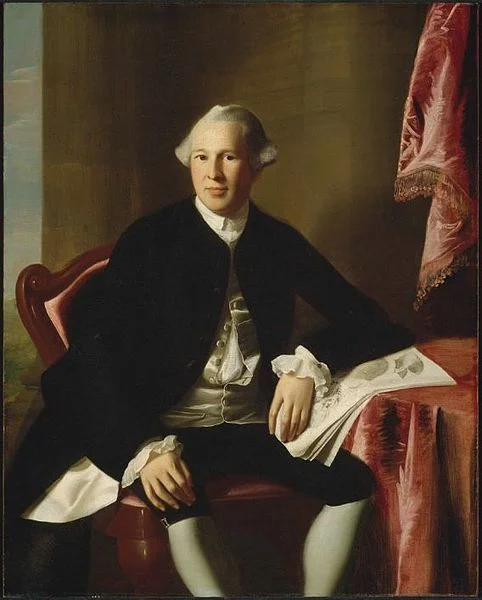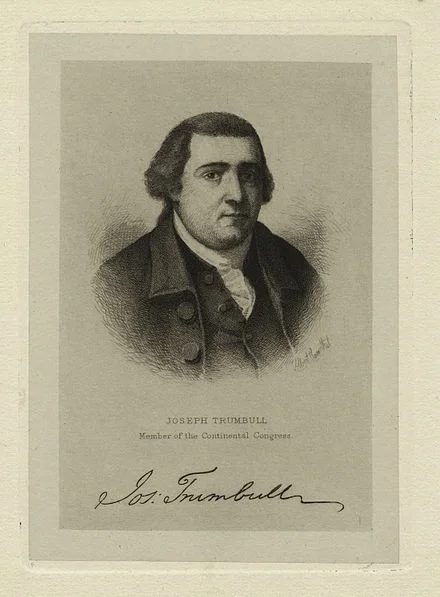Dr. Joseph Warren and the Birth of a Revolution
Dr. Joseph Warren was one of the most important American Revolutionaries but, because of his early death, his fame is less than what it might have been.
Patriot
In 1764, Joseph Warren was the most respected physician in Boston when Britain began enforcing harsh taxes. Only 23, he was already friendly with the likes of John Hancock, John Adams and Paul Revere, and was quickly swept up in the rebellious activities in his city.
Warren gained fame when he published several newspaper articles about the British offenses. He was soon seen as a leader of the Sons of Liberty. Later, Warren performed the autopsy on Christopher Seider and spread news/propaganda regarding the Boston Massacre.
Suffolk Resolves
When the Massachusetts’ delegation to the First Continental Congress left for Philadelphia, Joseph Warren stayed in Boston. At this time, he became the de facto leader of the Patriots in his city.
In early September 1774, a group of prominent local men met in Suffolk county (which included Boston) to discusses the recently passed Intolerable Acts. They had had enough.
Dr. Warren wrote what would become known as the Suffolk Resolves. These Resolves were approved by the meeting’s attendees and sent to the First Continental Congress.
The reason the Suffolk Resolves are so noteworthy is because they basically declared, at least in Massachusetts, that the American Revolution had begun. Warren wrote, among other things, that Massachusetts would be boycotting trade with Britain, refusing to pay taxes, and begin raising militias.
When the delegates at the First Continental Congress received the Suffolk Resolves everything changed. They had been debating the Galloway Plan of Union when this news arrived. Suddenly, the more radical representatives in Philadelphia won the day.
When the First Continental Congress adjourned at the end of October, the decisions they had agreed to were nearly identical to the recommendations made by Warren’s Suffolk Resolves.
To War
When the Massachusetts Provisional Government was created by the rebels, Dr. Joseph Warren was immediately elected president. He was also commissioned as Major General based on his intelligence and reputation.
The following April, the British began to mobilize toward Lexington and Concord. Warren is the person who gave the order to signal Paul Revere to take his most famous ride. He organized his militia and went out to the field.
Warren was part of the group trailing the British as they retreated toward Boston. He barely survived, having a musket ball tear a hole in his hat.
Bunker Hill
During the lead up to the Battle of Bunker Hill, Dr. Warren gave some surprising information to his generals. He wished to serve as a private on the front line.
They were shocked and tried to talk him out of it. Warren was too important to the cause. His country needed him.
He felt the same.
Warren’s country needed him, and he was ready to give his life for it.
Warren was on Breeds Hill when the British made their final charge. As the Americans retreated, he stood his ground to give them time.
Dr. Joseph Warren’s life was taken by a bullet that struck him in the head.
The Loss
Warren became a martyr to the American Cause. It has been said that his loss was equal to that of 500 men.
It is interesting to think what might have been if Warren had listened to his fellow generals and stayed out of the front lines. He undoubtedly would have played a humongous role in the Revolutionary War. He may have even been important to the creation of the Federal government.
Because he did not survive long enough to learn his feelings it is impossible to know. Would he have been more concerned with his own state like Patrick Henry? Would he have feared the strong national government like George Mason and Elbridge Gerry? Or would he have been strongly in favor, perhaps even holding a position in Washington’s first administration?
Let us know in the comments what you think could have been for Dr. Warren.
Grab one of these books from Amazon, our affiliate bookseller, for more on Warren.







